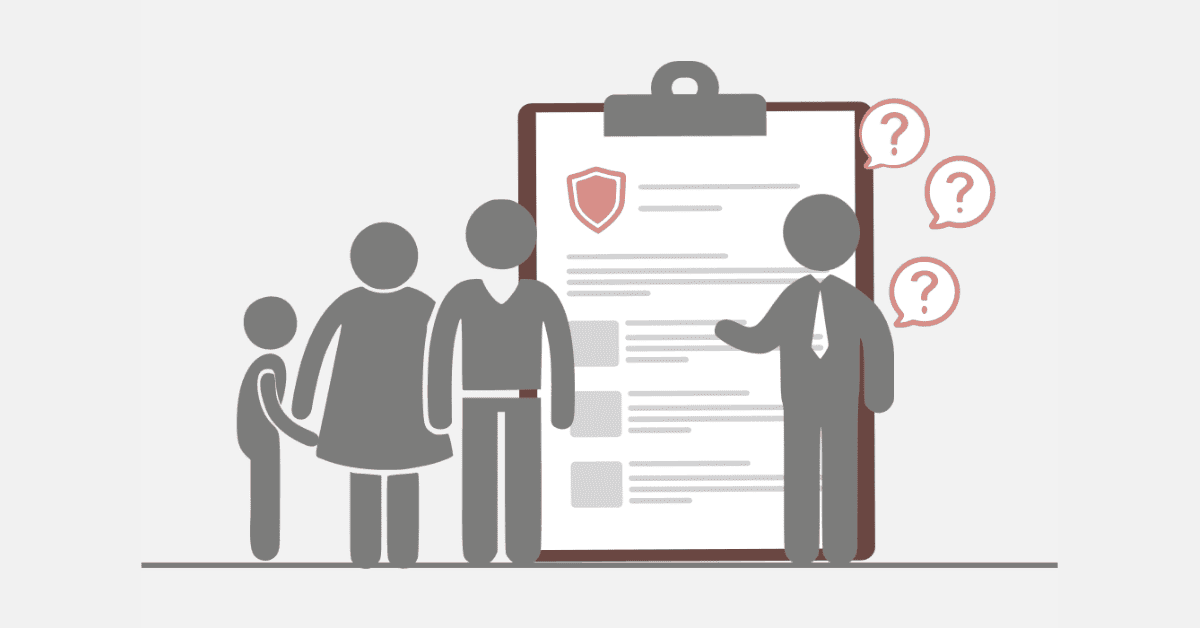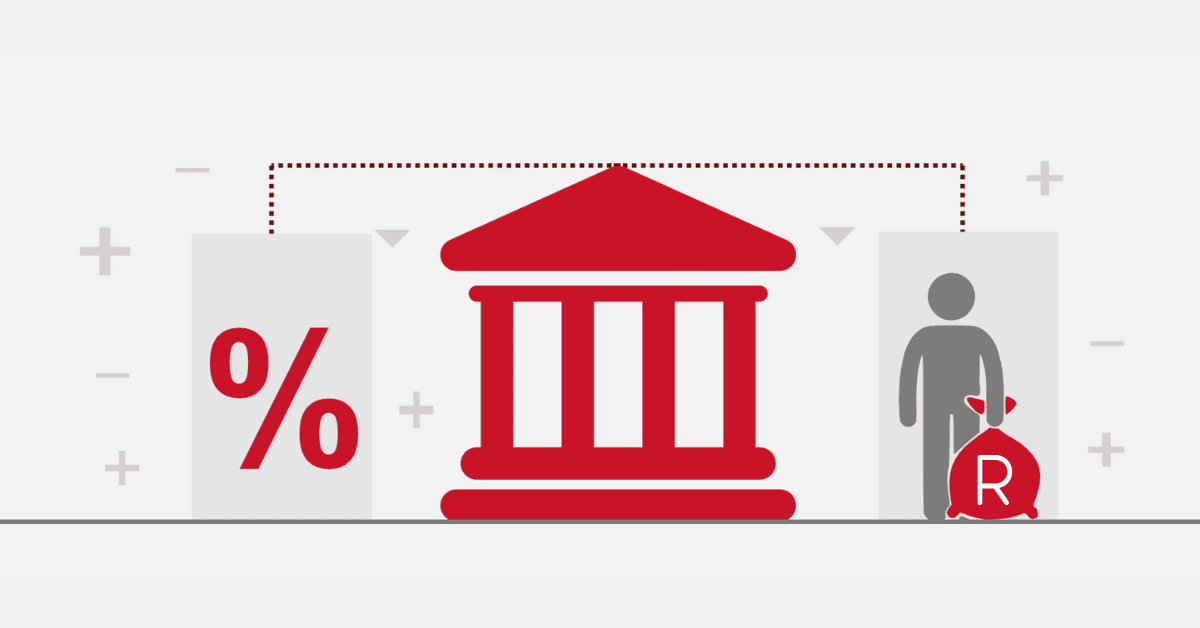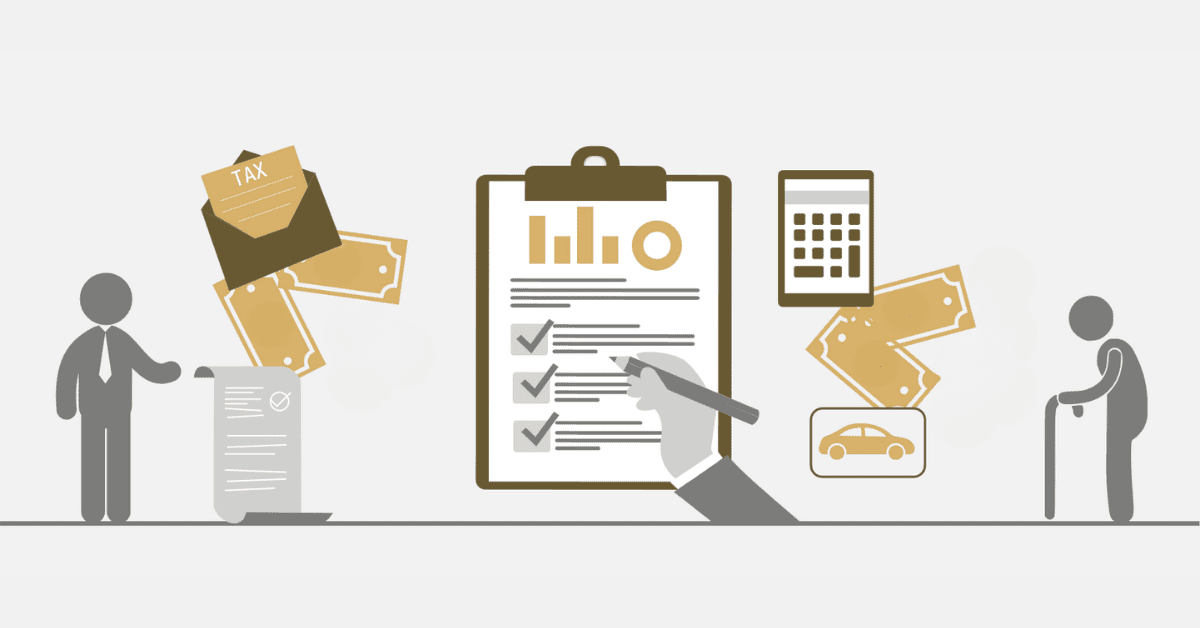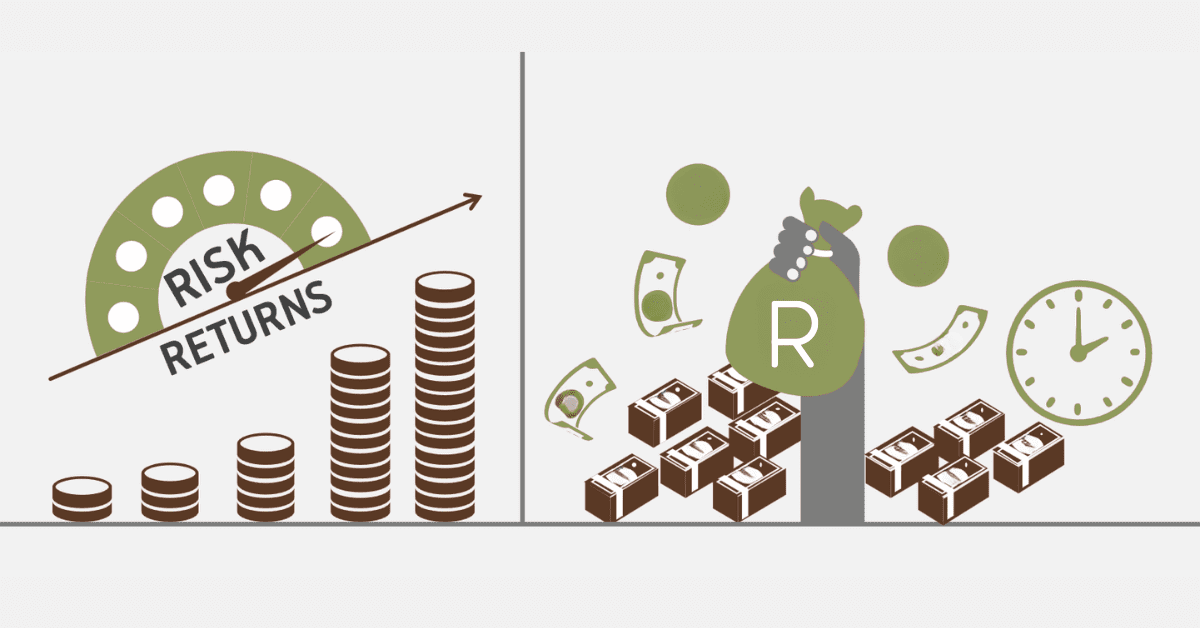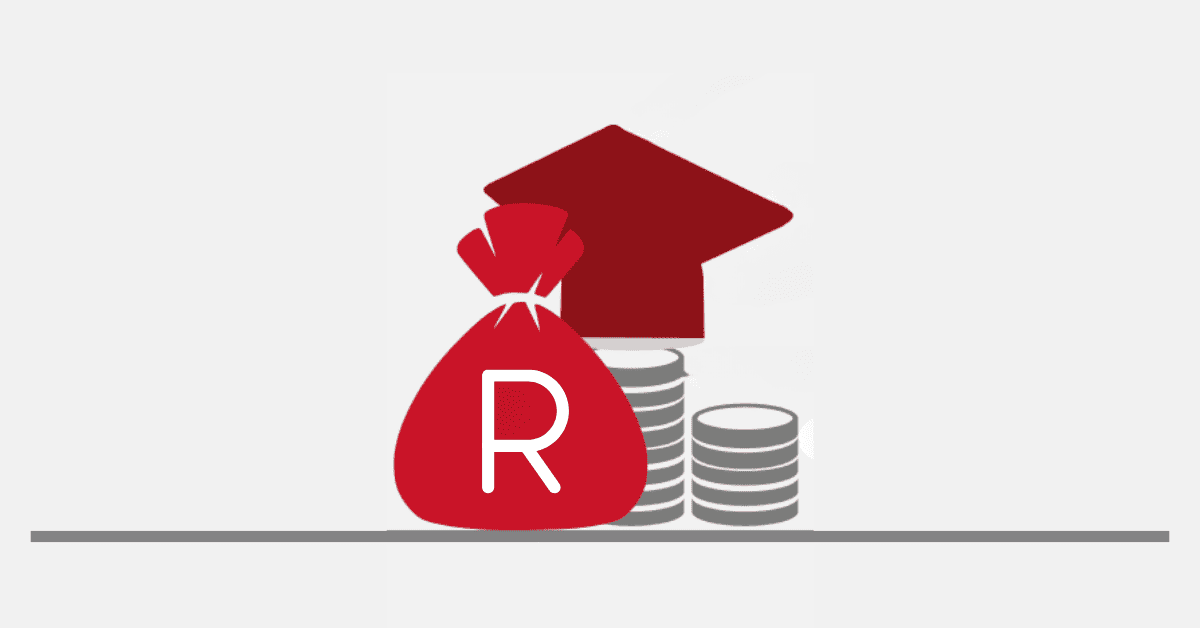Many individuals and families in South Africa face financial instability. The economic terrain has a high rate of inflation, steep rises in unemployment, and extensive ranges of income inequality. All these factors contribute to a very high financial strain experienced by many within the general population.
Good money-saving habits are critical in removing financial difficulties from the card and guaranteeing a more secure future. Effective savings strategies will, therefore, cushion one from such costs and, at the same time, create a platform for attaining long-term financial goals. Here are practical ways individuals can save money and avoid financial difficulties in South Africa.
Tips to Save Cash to Avoid Financial Challenges
Negotiate Lower Rates on Your Monthly Bills
Reducing rates charged on monthly bills can be a very enticing way to save money and reduce expenditure. For the first instance, go through all the regular bills, e.g., internet, phones, insurance, utilities, and others. Call the companies that offer such services and enquire about any available discounts or any low-rate plans or promotional offers that will, in turn, bring down the rate charge. Companies will indeed do this to keep customers because they tend to be running away from such bill payments.
Moreover, always seek out bundled services, such as phone and internet services, as they come with a discount. By taking this proactive step, enormous savings are at your immediate disposal each month, leaving you more money to save or spend on other significant concerns.
Create a Savings Plan and Make Regular Deposits into Your Account
Making a savings plan is one of the fundamental ways to achieve financial stability. Start forming clear savings targets depending on income and financial obligations. Decide on an absolute monthly amount to be saved and consider it another expense that cannot be avoided. Open a separate account for this purpose and set up automatic transfers so that you are investing this money every month—all without thought or effort on your part.
As soon as possible, this approach allows for both discipline and using the power of compound interest to extend your wealth. Research high-interest savings accounts or fixed deposits in South Africa, which will give added returns. Reevaluating and tweaking your savings plan on a consistent basis can also be a great help in achieving your set goals.
Make a Budget and Stick to It
Budgeting ensures that you manage resources, particularly money, prudently. First, all income and expenses for one month should be monitored to analyze spending. List all expenditures as fixed (e.g., rent and utilities) or variable (groceries/entertainment). Assign fixed amounts to each category, only making sure your total does not exceed what you receive. You can also download budgeting tools or apps to help you track your money progress.
If you plan on following a budget, it requires a little discipline and a review from time to time. Adjust the amounts when your income or expenses fluctuate up or down. This avoids spending more and guarantees funding goals for savings and emergency accounts.
Pay Off Existing Arrears as Quickly as Possible and Try to Avoid Taking on New Ones
Financial health requires debt management and elimination. Pay focus on the high-interest debt first—credit cards or personal loans—to reduce the overall interest paid. Use the debt snowball method of paying off your smaller debts first or the debt avalanche method of paying off higher-interest debts first to save interest and keep motivated.
Do not incur new debts by living within one’s means and essential expenditure. Professional advice can be sought regarding the possibility of debt consolidation options to make the payments more manageable and interest slashes possible. Bringing down arrears reduces the money used in servicing interest. It also improves one’s credit score. As a result, this ensures financial stability.
Avoid Impulse Buying
This can derail even the tightest monetary plan. Check this behavior by making a detailed shopping list when you go to the stores or purchase online. Offer only necessary items on the shopping list and their approximate cost to force yourself not to make absent-minded purchases.
Stick religiously to your list so that you do not give in to unplanned buying. Use the 24-hour rule for purchasing items you do not require immediately: wait one day before purchasing to consider if you actually need it. It can help you cut back on money being spent on things that are not necessary and will leave you room to work on critical financial goals, such as savings or paying debts.
Maximize Discounts and Vouchers
These can be very helpful in saving money on everyday purchases. Be aware of your favourite stores’ sales, promotions, and promotional activities. Make sure to sign up for loyalty programs as frequently as appealing offers and rewards are presented. Use digital channels and applications that pool available discounts and coupons when shopping online.
Look for promo codes for any product before making a purchase. Therefore, most stores implement seasonal sales, Black Friday offers, and back-to-school sales in South Africa, considerably saving money. Utilizing these opportunities helps meet needs at a relatively lower price, which aligns a budget with a better-cost lifestyle.
Final Thoughts
Saving money goes a long way in securing the financial future and preventing one from economic problems. An individual who wants to save money strictly can practice negotiating low rates, planning for savings, budgeting, debt repayments, controlling impulse purchases, and taking advantage of available discounts. These habits thus provide relief immediately, but they also set a foundation for long-term financial health. Against the backdrop of South Africa’s economic woes, it becomes even more important to adopt such practices toward gaining stability and freedom from financial storms.

